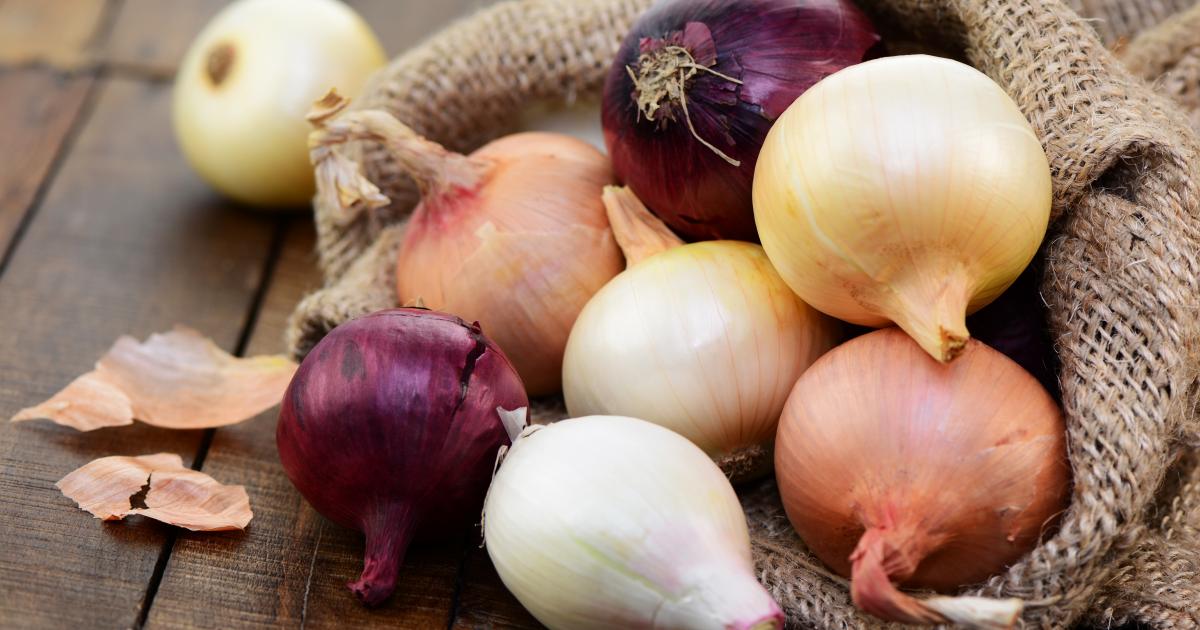
Suggested video What products are in season in August?
Video 1 of 2
Onion is probably the most common herb used in cooking. It serves as a base for many dishes to enhance flavors and aromas. In addition, it is of considerable interest for our health, since it contains a wide range of antioxidants and anti-inflammatory compounds that contribute to the prevention of various diseases.
When you slice an onion, your eyes may sting and tears may well arise. Although this experience can be unpleasant, it indicates the presence of sulfur compounds in the onion. These antioxidants are extremely beneficial to our health. Onions are rich in polyphenols, which have anticoagulant properties. Studies have shown that they prevent the clumping of blood platelets, thereby reducing the risk of the formation of clots that cause strokes.
According to several studies, white onions have the lowest level of polyphenols. According to an analysis by Texas A&M University, their content is on average less than 1% of that of red onions. By comparison, red onions contain 100 times more polyphenols than their white counterparts, making them a logically superior choice for your next salads and other recipes. This disparity could be attributed to anthocyanins, the pigments that give red onions their beautiful purplish color. It is also advisable to give preference to more pungent varieties of onions, as they are also richer in sulfur compounds and antioxidants. Also, green onions or spring onions should not be neglected either. Japanese researchers analyzed their phytonutrient content and the results showed that the levels of polyphenols and antioxidants were slightly lower than those of brown onions.
Source:https://www.750g.com/voici-pourquoi-vous-devriez-manger-des-oignons-rouges-plutot-que-des-blancs-a34655.htm


